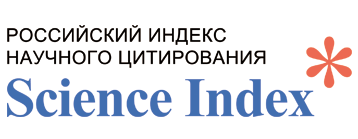NEW STEREOSELECTIVE CATALYSTS FOR THE HYDROGENATION OF SUNFLOWER OIL
Keywords:
hydrogenation, sunflower oil, platinum, nickel, catalyst, stereoselectivity, trans isomers of fatty acidsAbstract
Introduction. The work is devoted to the creation of new stereoselective catalysts for the hydrogenation of sunflower oil, which can significantly reduce the trans-isomers of fatty acids. Thus, on nickel catalysts used in industry, the content of trans-isomers of fatty acids reaches up to 30%. Platinum deposited on diatomite (processed natural clay) 0.2 to 1% is offered as a catalyst. Methodology. The hydrogenation was carried out in an autoclave, excluding external diffusion inhibition, at hydrogen pressures ranging from 0.25 to 1.0 MPa and temperatures ranging from 90 to 110°C. Results and discussion. Chromatographic analysis was used in all cases to determine the isomeric composition of fatty acids, making it possible for the first time to change hydrogen pressure and reaction temperature without changing the isomeric composition. This allows the study of how stereoisomeric composition changes during the hydrogenation of fatty acids. Various physical methods are used to verify catalysts: TPD, BET, and TEM, etc., which can determine catalyst particle size, hydrogen adsorption forms, and specific surfaces. Conclusion. These characteristics were correlated with the activity and stereoselectivity of the studied catalysts. Trans-fatty acids are found to be two to three times lower on platinum catalysts than on nickel catalysts.

















